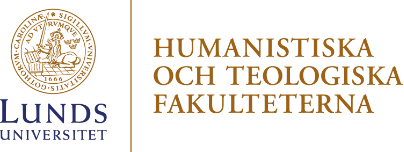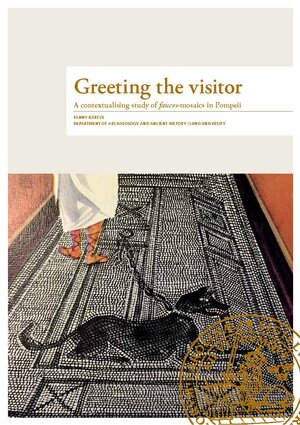Serie
Fanny Kärfve
Greeting the visitor. A contextualising study of fauces-mosaics in Pompeii
2022
| 406 s.
|
engelska
ISBN: 978-91-89415-13-3, 978-91-89415-14-0
One of the most famous mosaics from Pompeii is the so-called Cave canem-mosaic, depicting a ready-to-attack watchdog that greets the visitor upon arrival to the house. Together with a couple of more similar mosaics, the watchdog-motif has to a large extent been regarded as expressing a common décor for Roman house-entrances, -fauces-, to -atrium--houses. However, the corpus of fauces-mosaics that was left behind after the destruction of Pompeii in the Vesuvian eruption in A.D. 79 was yet of a more varied nature. Not only could other figurative depictions adorn these mosaics, such as wrestlers, anchors or wild boars, but also abundant flower designs, rows of stones leading inwards, intricate meander-patterns and precious marble of foreign provenance. The present study puts focus on all these Pompeian -fauces--mosaics. The aim is to approach how the Romans themselves viewed the house-entrance as a liminal space between the inside and outside world, and how the décor could serve as a communication tool. The study is conducted in several contextualising steps, among them a chronological, topographical and iconographical, which centre around questions such as: Did the mosaics’ subject-matter reflect any personal stand-point of the owner? Were the patterns specifically made for the space of the -fauces- proper? Were there certain motifs in vogue during certain periods? And why were no deities or mythological heroes depicted on the mosaics?
Fanny Kärfve, Department of Archaeology and Ancient History, Lund University. Greeting the visitor. A contextualising study of fauces-mosaics in Pompeii is her doctoral dissertation in Classical Archaeology and Ancient History.

